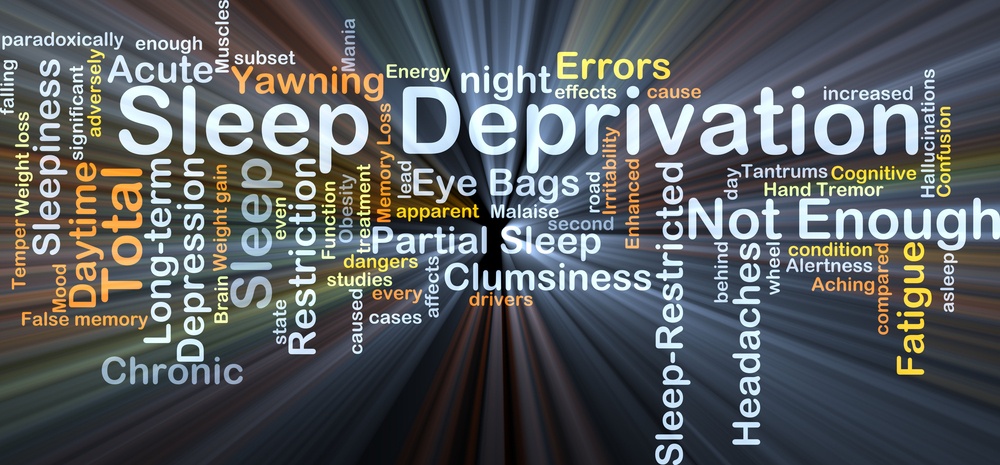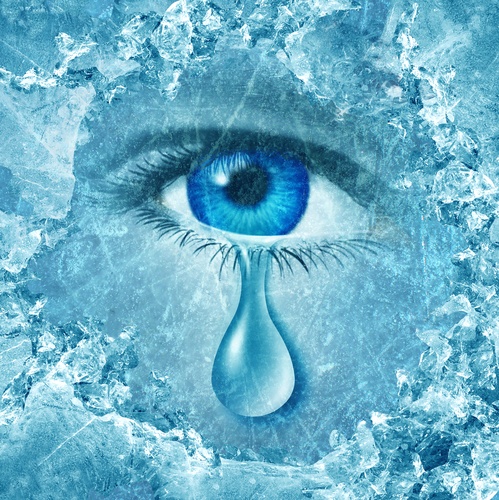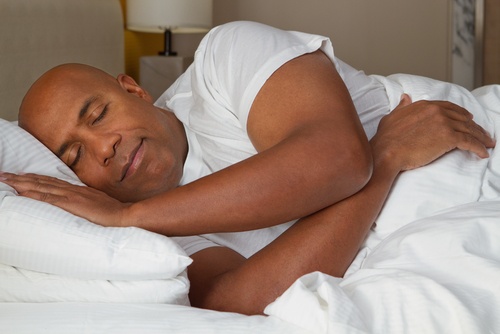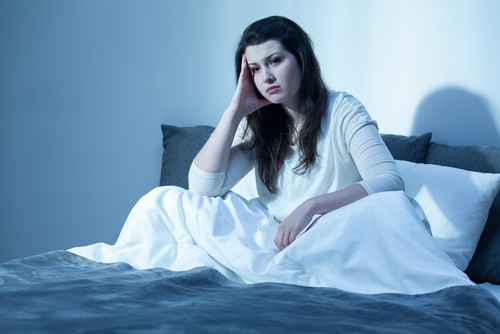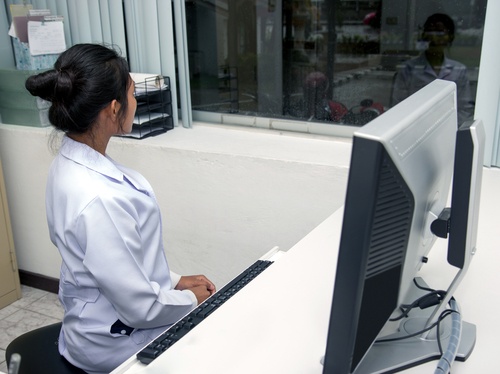Sleep. We are always making fresh discoveries and gleaning key facts about its importance and new practices we can implement to improve sleep. Why is this so vital for Missouri sleep professionals and health care practitioners? It leads to new advances in medicine and treatments across all medical fields and improves the lives countless individuals not only throughout the state of Missouri, but also our nation and the world as well.
inboundMed
Recent Posts
Why Volunteer? Benefits of Volunteering for the Missouri Sleep Society
Topics: volunteering
Staying A.W.A.K.E. in Missouri: Sleep Apnea Support Groups
Sleep apnea is a common disorder that directly impacts sleep health. Sleepdex reported that 1 in 15 Americans, which equates to roughly 18 million people, struggle with sleep apnea. If you or a loved one are struggling with sleep apnea there is help available. An A.W.A.K.E. sleep support group can be a valuable tool in dealing with sleep apnea.
Topics: Sleep Apnea Support Groups, CPAP, CPAP Support Groups
The Best Sleep Conference in Missouri: Missouri Sleep 2017
The Saint Louis University School of Medicine and Missouri Sleep Society (MSS) is sponsoring and hosting a joint conference, Missouri Sleep 2017 on April 8-9, 2017. It is the ninth annual best sleep conference held for physicians, clinicians, technologists, dentists, respiratory therapists, nurses, psychologists, sleep researchers, and other sleep health professionals.
Topics: Missouri Sleep 2017
As 2016 has ended and 2017 begins many Americans are setting resolutions to improve their lives. One area that deserves focus is sleep deprivation. The National Center for Biotechnology Information reported on the prevalence of sleep disorders, stating,
Topics: Sleep deprivation
The Warning Signs of Seasonal Affective Disorder (The Winter Blues)
Millions of Americans experience the winter blues every year.
It can be difficult for the average person to distinguish between cabin fever and Seasonal Affective Disorder, also known as SAD.
Knowing how to identify SAD and treating it can be a crucial role of health care professionals, since patients may not recognize the symptoms themselves.
Learn the signs to watch for so treatment can begin as soon as possible.
Topics: SAD, seasonal affective disorder, mood disorders
What Are the Benefits of Practicing Good Sleep Hygiene?
Everyone enjoys a good night’s sleep, but without it, not only is your mood affected, so is your overall health.
The simplest way to achieve more and better sleep is to practice good sleep hygiene.
Topics: sleep hygiene
Is Insomnia a Sleep Disorder or a Symptom of Something Else?
Insomnia has been typically considered a dysfunction of sleep regardless of other health
conditions.
However, it has recently been redefined to reflect the fact that it is normally related to other medical disorders.
While it can still be a stand-alone diagnosis, recent changes to the International Classification of Sleep Disorders - Third Edition (ICSD-3) have limited the definition, so it is more likely to be considered a symptom as opposed to a single primary diagnosis.
Topics: Insomnia
6 screening tools that reveal hidden sleep disorders
There is a difference between trouble falling asleep and a sleep disorder.
What's more, diagnosing sleep disorders can be difficult, even for sleep professionals.
For family practices, dentists, primary care physicians, and specialists like ENTs, the challenge in narrowing down their patients' medical concerns to those which may be related to poor sleep can be even more difficult.
Fortunately, there are tools available to help healthcare professionals to identify the potential for sleep disorders in their patients.
These tools are also available for patients who suspect their sleep problems are the result of an undiagnosed sleep disorder or ongoing sleep deprivation.
Topics: sleep disorders
Restful sleep is important for the body, but If you work in the healthcare industry achieving it can be a battle.
Sleep problems are common for many healthcare workers.
They are no strangers to working long, often unusual hours.
Working this way can be detrimental to health, especially when it comes to attaining regular, restful sleep.



